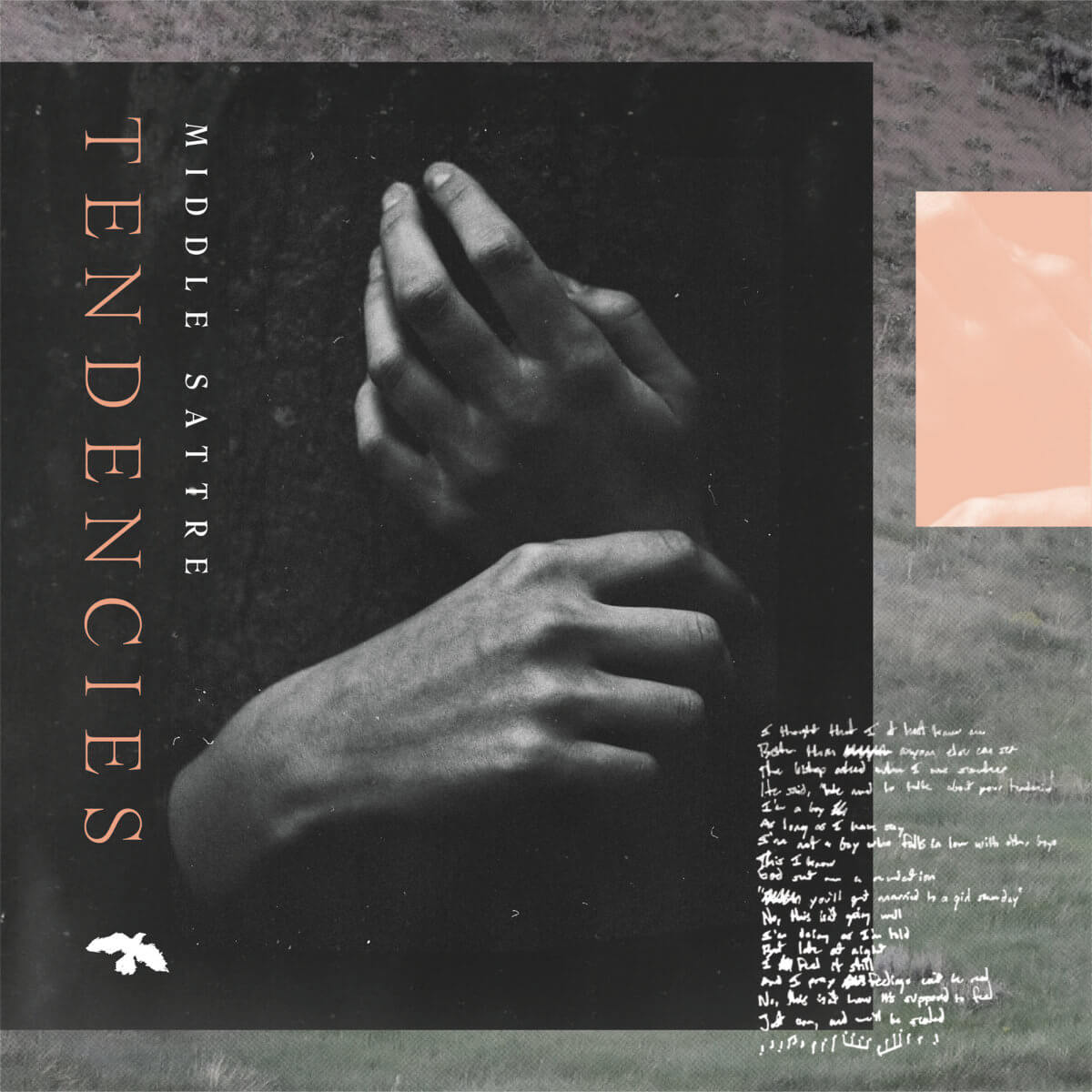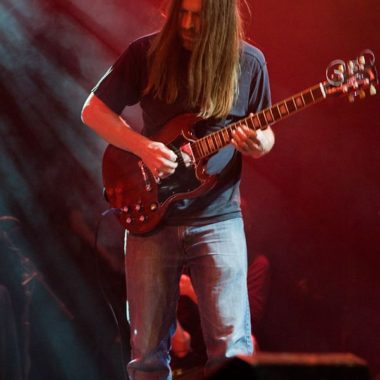Something in 4/4 time. Late last year, Robert Fripp—the lynchpin between ambient music and prog rock—appeared on an episode of Daryl Hall’s home cooking and barn jam show Live From Daryl’s House. The series has been airing intermittently since 2007 and is generally a pleasure. (All of the episodes can be found on YouTube.) The reason episode 87 matters to purveyors of rock minutiae is that it constituted a revisiting of a great moment that never happened. Long story sorta short, Fripp produced Hall’s album Sacred Songs in 1977, the same year he produced Peter Gabriel’s second solo album and his own Exposure. The three albums were envisioned as a loose trilogy, but RCA sat on Hall’s panel of the triptych until 1980, thinking (probably rightly) that it was too weird for Hall & Oates fans.
Fripp’s appearance at Daryl’s House in November was the closest thing to a celebration of the excellent album they made together since its moribund release—it climbed to #58 on the charts with no hit single in the same year Hall & Oates charted with “Kiss On My List,” “You Make My Dreams” and “You’ve Lost That Lovin’ Feelin’.” Hall’s crackerjack house band shines on several songs from the album, plus David Bowie’s “Heroes” (on which Fripp played guitar) and a blazing version of “Red,” a key composition for Fripp and his King Crimson.

It’s well worth watching, but the reason I belatedly bring it up is The Bloom of Performance, the third album by Hudson Valley songwriter Mark Trecka (cassette and download Feb. 23 via Beacon Sound). Its moody melodicism and eerie soundscapes put the album in line with that long ago, temporary realm of Fripp, Gabriel and Hall, although you might hear lines reminiscent of early Black Sabbath or later Roxy Music along the way. While his previous records were built from piano, voice and loops, the slow churns on Bloom come from programmed beats, disembodied voices and other, indistinguishable sounds, along with his own morose baritone. There’s a lot going on for such a relatively sparse album, and it rather remarkably comes together as a gloomy and coherent whole.

Trecka says he wanted to make “the kind of record that might alchemize pain and anxiety and madness,” although he doesn’t pinpoint the source of his malaise. Hunter Prueger, on the other hand, couldn’t be more specific. The emotive force behind Tendencies, the remarkable debut album by his band Middle Sattre (CD, cassette and download out Feb. 9 from Sad Tree Records). The album is a direct confrontation of internalized homophobia, ending in his coming out. Prueger grew up in the Mormon church but slowly, and apparently painfully, shed that skin. He studied composition, earning a master’s degree from the University of Texas at Austin and has scored films, played saxophone in a circus band performing for children in war-afflicted regions around the world. For Middle Sattre, he writes thoughtful, acoustic chamber pop for a band that includes lots of plucked and bowed strings, along with accordion and trumpet and multiple voices. There’s a catchy sophistication to the songs that sometimes calls Paul Simon to mind. Despite the difficult journey the album details, it’s a surprisingly easy listen.

Completing this accidental trilogy of downtempo downers is a bittersweet single by the Columbus, Ohio–based composer Brian Harnetty. “The Workbench” (download out now on Winesap Records) is a somber, 11-minute meditation on loss, using telephone messages from his father. Harnetty doesn’t build the music around the cadences of his father’s voice, nor does he cut the phone messages into verse format. Rather, the everyday updates serve as simple interjections that drive the piece. The elegiac music is scored for piano, violin, cello and bass clarinet, and based on Harnetty imagining sonic memories embedded in the objects her inherited: tools, radios, speakers, a typewriter and the titular workbench. The digital flipside is an instrumental version, perhaps intended for more personal rumination.

The thrill of the Chaser. But enough of these cold, wet, February listens. Last month, NYC’s Chaser (not to be confused with some skate punks from the other coast) released their second album, and it’s a searing, controlled frenzy. Planned Obsolence (LP, CD, download from Decoherence Records) cuts like broken glass, with eight tracks speeding past in under half an hour, and is good enough to restart once it’s over. The band is made up of musicians who have played together around the NYC improv scene (Dominika Em, vocals; Chris Welcome, guitar; Shayna Dulberger, bass; and Oran Canfield, drums). At least some of them have also played with that arbiter of all that is brutal Weael Walter, who nailed some PR hype for the record: “The band does not conform to previous conventions of ‘noise rock,’ ‘no wave,’ ‘math rock,’ ‘post-punk’ and all that sort of stuff., but they do creep stealthily around all of them in a refreshingly singular fashion.” Em screams along with Welcome’s guitar in an anguished duet. Canfield and Dulberger march in metered clamor. It’s just the album to chase away your seasonal affective disorder and replace it with something worse.










